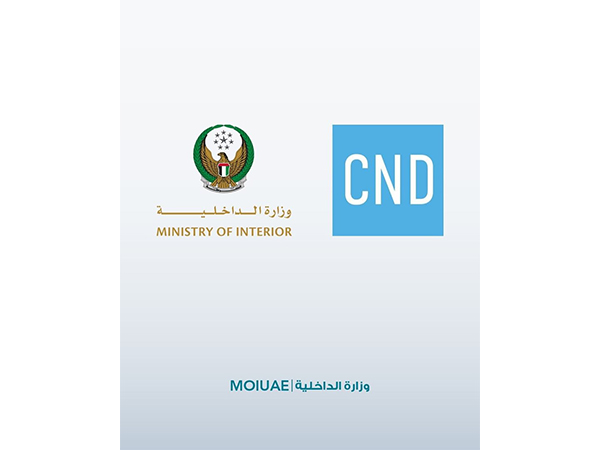EU facing another Christmas in pandemic mode: EU chief as Omicron variant spikes
Dec 15, 2021

Brussels [Belgium], December 15 : Amid the sudden increase in COVID-19 cases due to the emergence of the Omicron variant, European Commission chief Ursula von der Leyen on Wednesday said that the 27-nation bloc is facing another Christmas in pandemic mode.
"We are facing another Christmas in pandemic mode. But we are more prepared to fight the virus than ever. Over 66 per cent of Europeans have received two shots. And 62 million people already had their boosters, which is the best currently available protection against Omicron," said Leyen.
During her speech in the European Parliament, the European Commission chief said that the region faces a double challenge.
"For one thing, we see that COVID-19 cases have increased rapidly in Europe. There are some Member States which have the highest rates of new infections they have ever had, and with that, of course, an increasing number of illnesses, an increasing burden on hospitals and we are lamenting an increase in the number of deaths," she said.
Europe has so far reported 92,278,493 COVID-19 cases. In the past few weeks, there has been a surge of new cases due to the Omicron variant.
The World Health Organisation (WHO) has revealed that an 83 per cent surge in COVID-19 cases during the past week in Africa, driven by the Delta and Omicron variants, is causing fewer deaths than previous spikes.
With the total number of recorded cases during the pandemic standing at 8.9 million, Africa recorded more than 196,000 new cases last week, up from around 107,000 in the previous week.
WHO has said that the number of new cases is currently doubling every five days, the fastest rate this year. Although "the speed of the spread is fast, deaths remain low and even dropped by 19 per cent last week compared with the previous week", the UN health agency reported.
Dr. Matshidiso Moeti, WHO Regional Director for Africa said they are cautiously optimistic that deaths and severe illness will remain low in the current wave, but slow vaccine rollout in Africa means both will be much higher than they should be.
Speaking during a virtual press conference, Dr. Moeti added that knowing that new variants could regularly emerge to spark new outbreaks globally, "vaccine-deprived regions like Africa would be especially vulnerable".

















